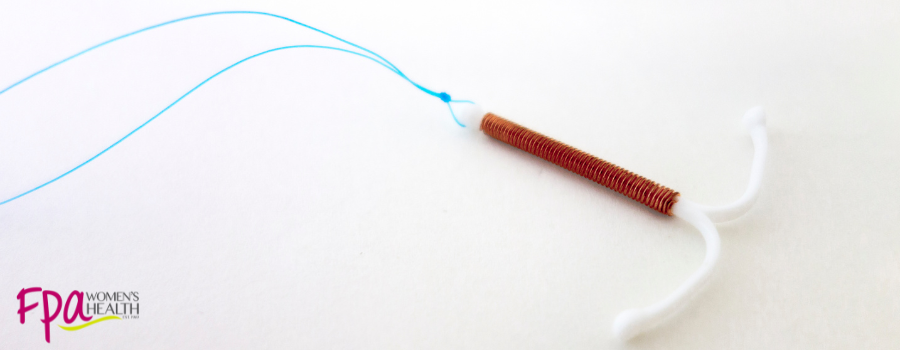When it comes to birth control, there’s no one-size-fits-all solution. Your lifestyle, health history, and personal preferences all play a role in choosing the right method. Two of the most popular forms of contraception are the IUD and the contraceptive pill—each with distinct benefits and considerations.
IUDs: Long-Term, Low Maintenance

IUDs are small, T-shaped devices that sit in your uterus and provide long-term birth control—anywhere from 5 to 10 years, depending on the type.
They’re over 99% effective and super low maintenance once inserted. You can choose between hormonal IUDs, which often make periods lighter or stop them completely, or the non-hormonal version (like Paragard), which is great if you want to avoid hormones altogether.
Pros:
- Extremely effective with minimal user effort
- Safe for most health conditions
- May reduce or eliminate periods (hormonal IUDs)
- Can be used in treatment for fibroids, endometriosis, and more (Mirena only)
Cons:
- Requires in-office insertion and removal
- Often causes cramping or spotting while the body adjusts
The Pill: Convenient and Flexible

The birth control pill is something you take daily, and it works by using hormones—usually a combination of estrogen and progestin—to prevent ovulation.
The pill is a popular option because it’s easy to access and offers added benefits like more regular periods, reduced cramps, and clearer skin. With typical use, it’s about 92% effective, but you’ve got to be consistent—missing pills can lower its effectiveness.
Pros:
- Easily started and stopped
- Can help manage menstrual symptoms
- Offers flexibility and control over cycle timing
Cons:
- Must be taken at the same time every day
- Less effective if doses are missed
- Not recommended for women with migraines, high blood pressure, heart disease, or clotting disorders
- Can decrease sex drive
Final Considerations
If you're looking for a birth control method that’s low-maintenance and highly effective, the IUD is our recommendation.
Once inserted, it works quietly in the background for years—no daily reminders needed. Plus, you have options: hormonal IUDs for lighter periods or the non-hormonal Paragard, which uses copper instead. That flexibility is a big advantage over the pill, which relies on consistent daily use and only comes in hormonal form.
While the pill can offer more control over your cycle and may be easier to start and stop, the IUD often wins for convenience, effectiveness, and long-term peace of mind. In California and at FPA, there are programs that you can register for to qualify for that will cover both the pills and the IUD often at NO COST to the patient.
Your Next Steps
Of course, the best birth control option depends on your personal health, lifestyle, and medical history—so it’s always a good idea to schedule an appointment to talk with a doctor about what’s right for you.
Share This
Get Help Now